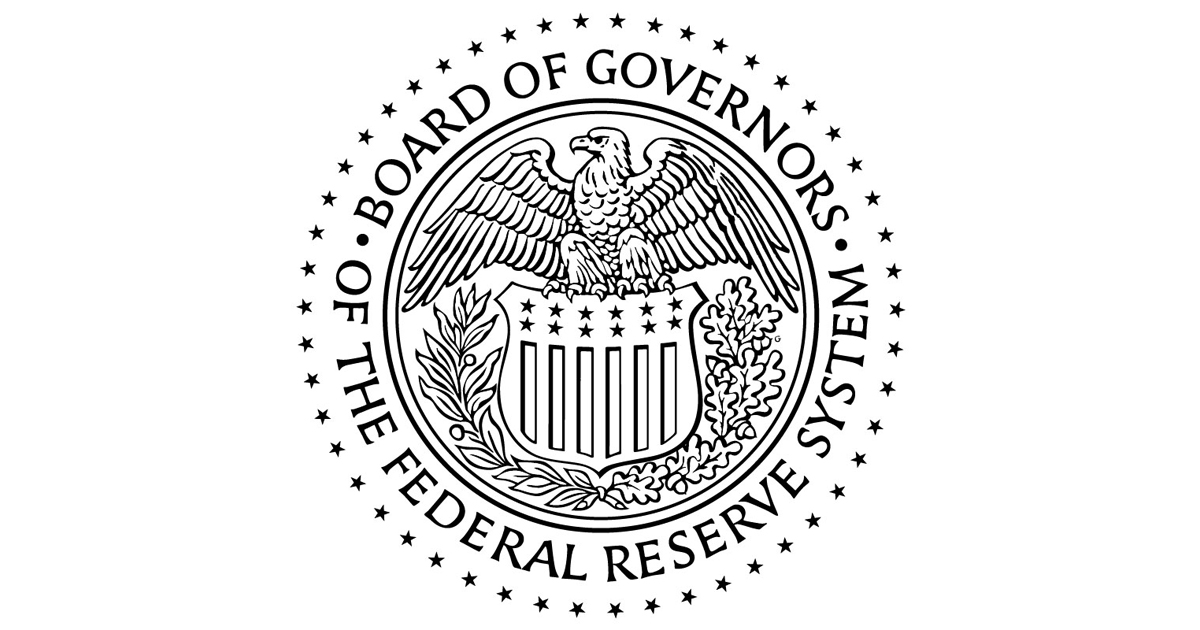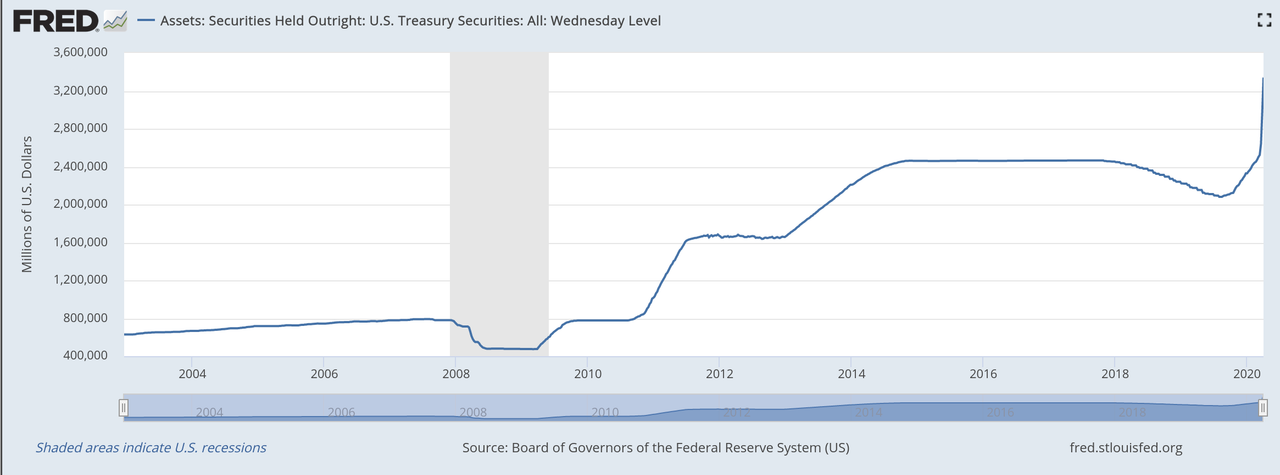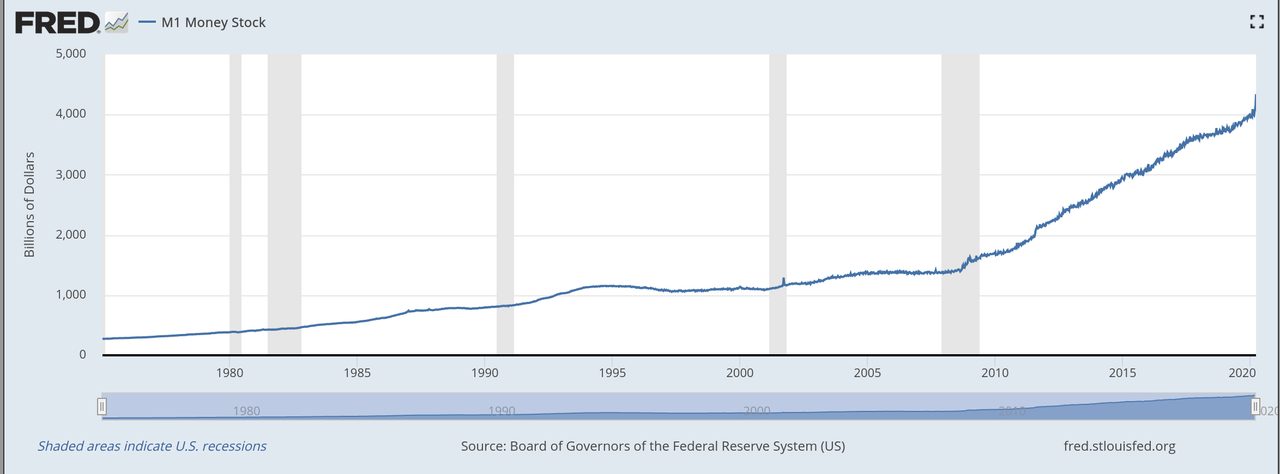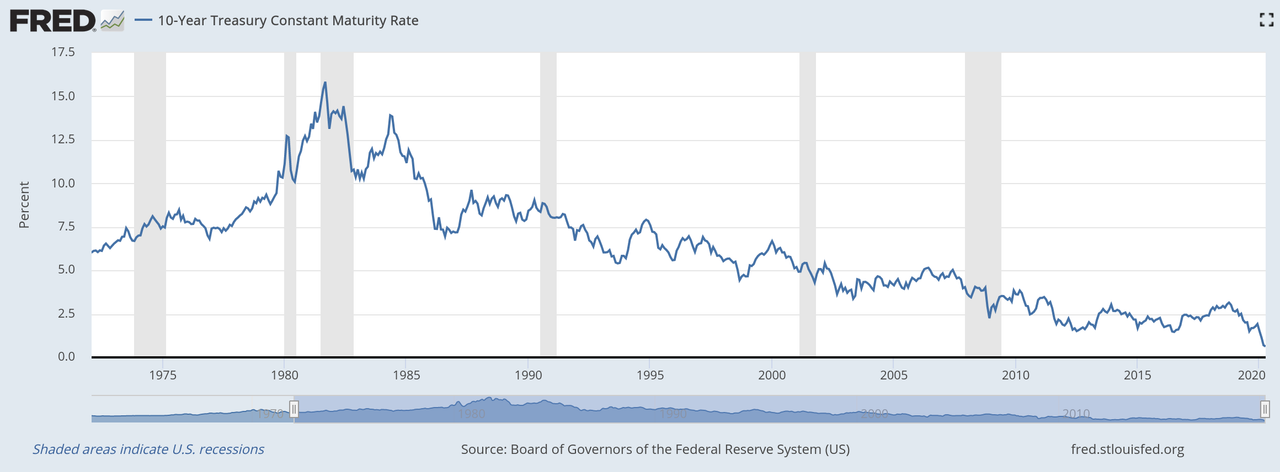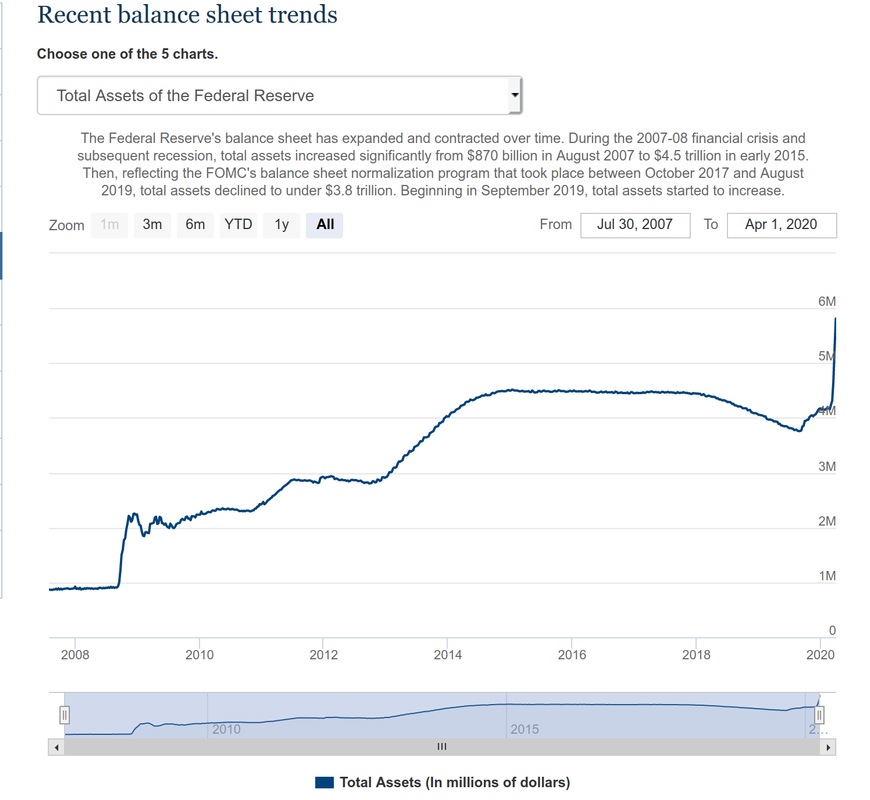Zarathustra
Well-Known Member
- Aug 28, 2015
- 1,439
- 3,797
The balance sheets of the banks and central banks then would collapse/shrink, which means, the sum of debt (money) would collapse and the result would be hyper-deflation.you've always made this argument and i may be only beginning to understand it. it's a good one. but let's play a thought experiment though: UST's, which the Fed prints dollars to buy, are priced in dollars. dollars though are just dollars as they are the fundamental currency unit against which everything else, including bonds, are priced against. if the entire US bond mkt went to zero in terms of dollar prices in a severe calamity and loss of faith in the USG, the dollars themselves would still be there but the bonds wouldn't. what's your response to this?
Steve Keen on QE and the money multiplier myth:
Now what about the idea that banks can—and should—lend out the excess reserves that QE has created for them? How does that idea look in a double-entry bookkeeping table? In a word, it looks impossible.
The first stage is the Central Bank makes a loan to the Private Bank—say of $1 million. That is shown in Table 2, and at this point the accounting is accurate. QE itself is both an asset for the banks, and a liability: they get the reserves from the Central Bank, and they are liable to return them to the Central Bank if it asks for them. So that row—“QE from Central Bank”—sums to zero as it should.
But “lending from reserves?”. If a bank lends its reserves, its assets fall: it has to make a negative entry in its Reserves column. But to show that the money has been lent to the public, you need a negative entry in the Deposits column as well. So the row sum for that operation in Table 3 is not zero, as it should be. The bank simply can’t lend out its reserves.
(...)
This is, if you’ll pardon the pun, the bottom line: reserves play no role in lending at all, regardless of QE. The “Money Multiplier” model is a myth.
But that myth is the basis of the attempt by Central Banks to rescue the world from the economic crisis. It’s little wonder that that rescue attempt isn’t going as smoothly as planned.

Hey Joe, Banks Can't Lend Out Reserves
I began another post critical of Joe Stiglitz’s analysis with the caveat that I like Joe. I’ll add to that that I respect his intellect too, both because he’s very bright—you don’t win a Nobel Prize (even in Economics!) without being very bright—and because compared to some other winners, he [...]
Last edited:



